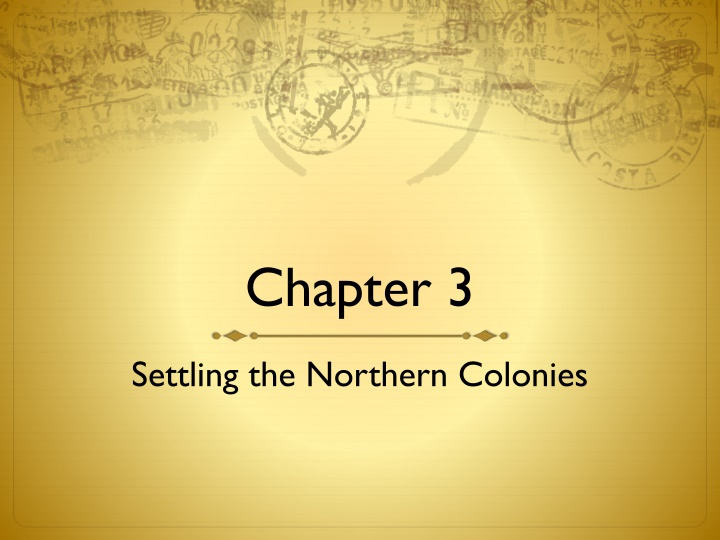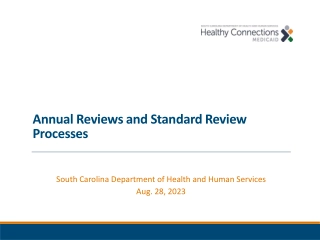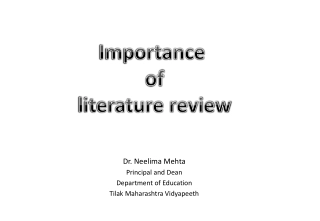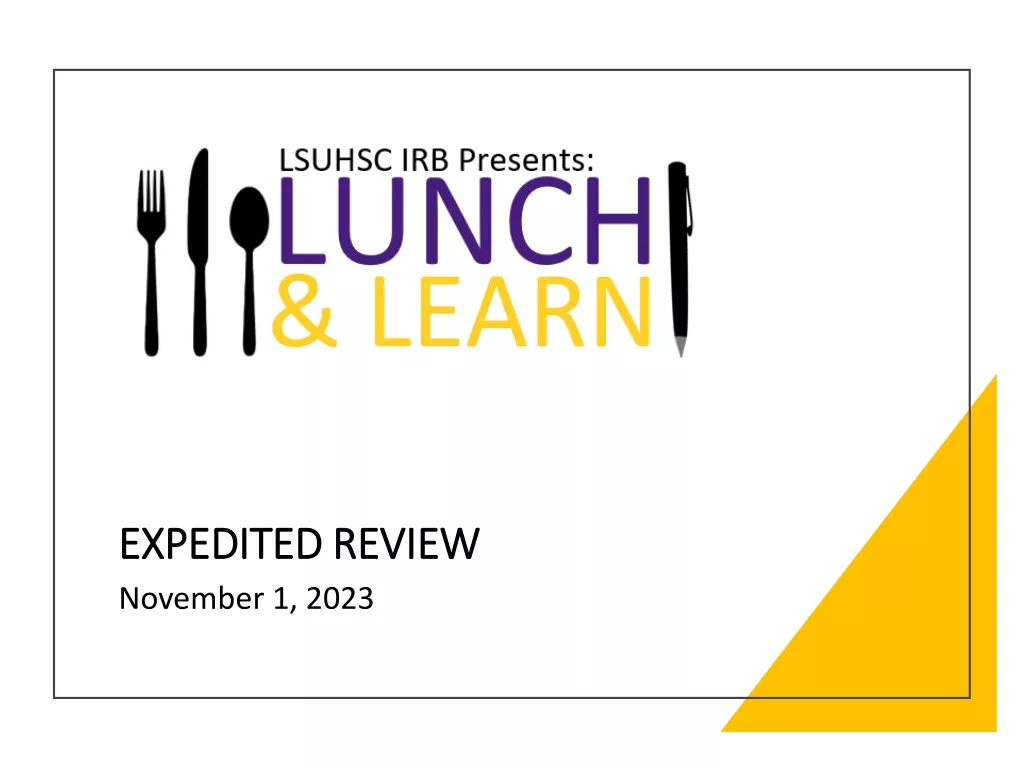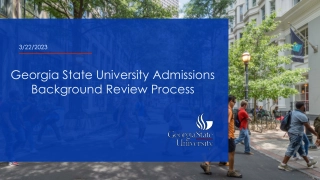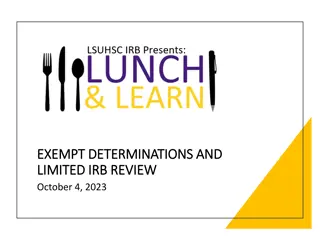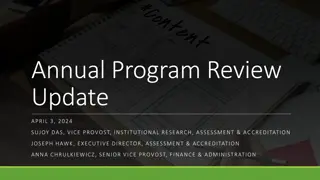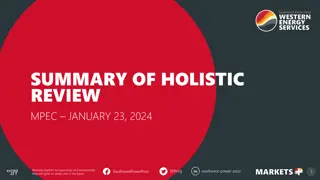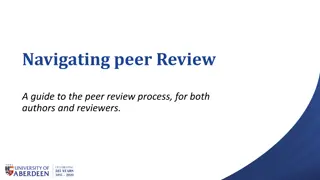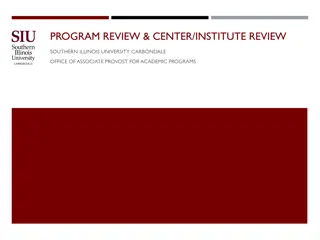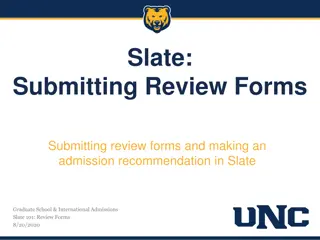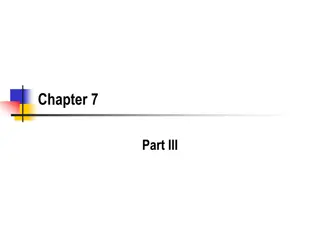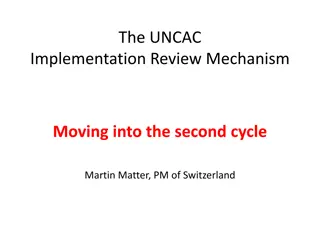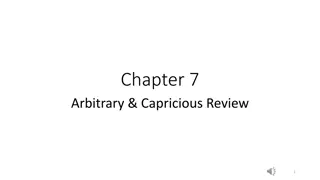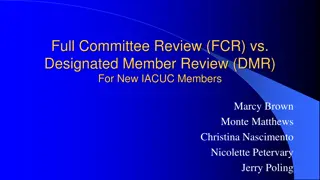Settling the Northern Colonies: Religious Transformation and Colonization
The Protestant Reformation led to the emergence of Puritanism in the Northern Colonies, with figures like Martin Luther and John Calvin shaping religious beliefs. The Massachusetts Bay Colony stood as a beacon of self-government and religious ideals, while dissenters like Anne Hutchinson and Roger Williams challenged Puritan doctrines. Different colonies, such as Rhode Island and Pennsylvania, exhibited varying degrees of religious tolerance. This historical narrative delves into the religious and social dynamics that characterized the colonization of the Northern territories in America.
Download Presentation

Please find below an Image/Link to download the presentation.
The content on the website is provided AS IS for your information and personal use only. It may not be sold, licensed, or shared on other websites without obtaining consent from the author.If you encounter any issues during the download, it is possible that the publisher has removed the file from their server.
You are allowed to download the files provided on this website for personal or commercial use, subject to the condition that they are used lawfully. All files are the property of their respective owners.
The content on the website is provided AS IS for your information and personal use only. It may not be sold, licensed, or shared on other websites without obtaining consent from the author.
E N D
Presentation Transcript
Chapter 3 Settling the Northern Colonies
Protestant Reformation Produces Puritanism Martin Luther s 95 Theses (1517) divides Christianity John Calvin (Calvinists): Believed in predestination, God chose those that would be saved Puritans: Were Calvinists Wanted to Purify the English (Anglican Church) of ALL Catholic rituals Believed that only Visible Saints should be admitted to Church Membership Separatists: Extreme Puritans who wanted to break away from Church of England all together Harassed and want to leave England
Massachusetts Bay Colony Pilgrim leaders drew up and signed the Mayflower Compact-A simple agreement (not really a written constitution) to form a government and to submit to the will of the majority. Promising step toward self- government because later adult male settlers assembled in town meetings. John Winthrop- Became colony s first governor. Declared that the purpose of the colony was to be a city upon a hill (COMMIT THIS TO MEMORY!!!) The colonists believed that they had an agreement with God to build a holy society that would be a model for humankind. Town Governments: Town Hall Meeting : white, land-owning, male, church members
Religious Dissenters Religious Dissenters Anne Hutchinson Known for challenging the authority of the clergy in the Bay Colony Claimed to have direct contact with God Challenged gender roles in the Church Roger Williams More threatening to Puritan leaders than Anne Extreme Separatist, advocated for a clean break from the Anglican church (Church of England) He also challenged Bay colony charter and condemned Bay for not paying Natives for their land Denied the authority of government to regulate religious behavior Banished to Rhode Island
Various Colonies RI: Complete religious toleration to all Roger Williams, Anne Hutchinson NH: Fishing and hunting CT: Fundamental Orders: written constitution that established democracy PA: William Penn (Quaker), religious toleration, pacifists, friendly to Native Americans, Women s Rights
Religion in Colonies Colonies that promoted religious toleration: Rhode Island Most Tolerant Pennsylvania Maryland (only to Christians) Colonies that did NOT promote religious toleration Massachusetts Bay Toleration should only be extended to Puritans!
Conflicts with Native Americans Pequot War and King Philip s (Metacom) War Both conflicts with natives over land After King Philip s war, Natives only posed a sporadic threat to New Englanders New England Confederation (1643) Formed by New England to make a defense against Natives, Dutch, French, etc. Example of colonial unity!
English Government Philosophy Dominion of England Established to enforce Navigation Laws (colonies could only trade with England) Colonies got around laws by Salutary Neglect England took a hands off approach with the colonies as long as they were making money Ends on 1763
